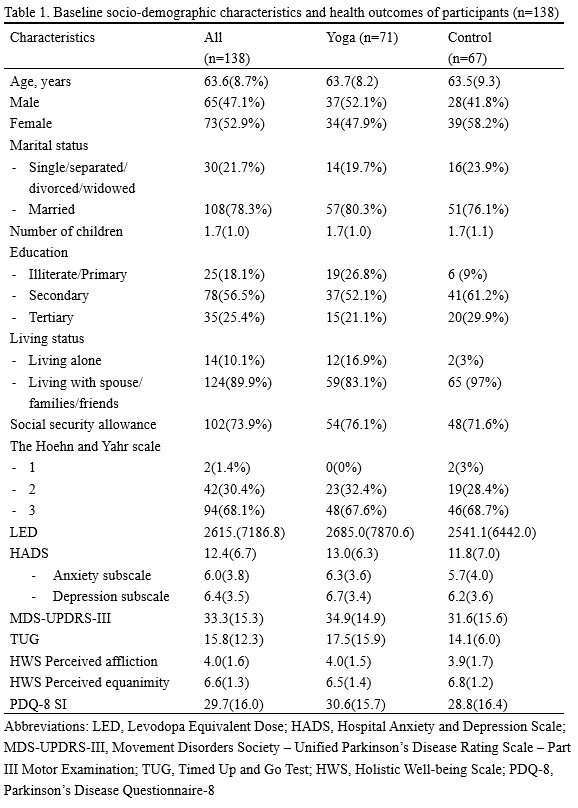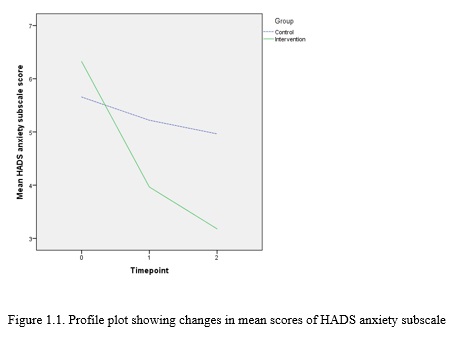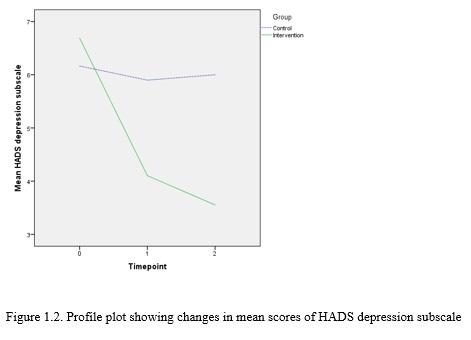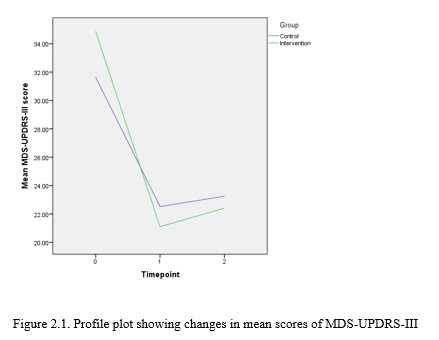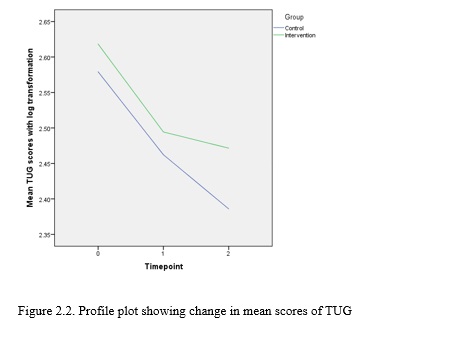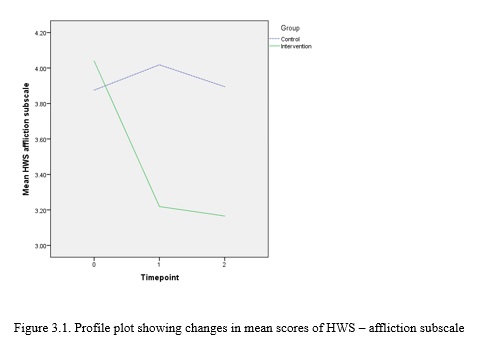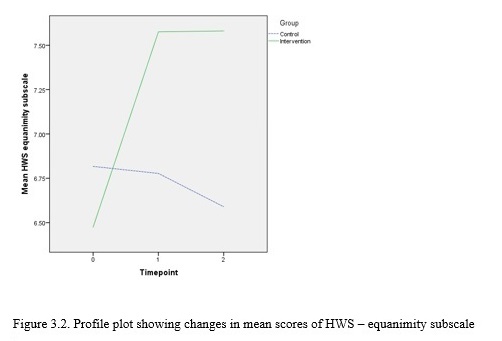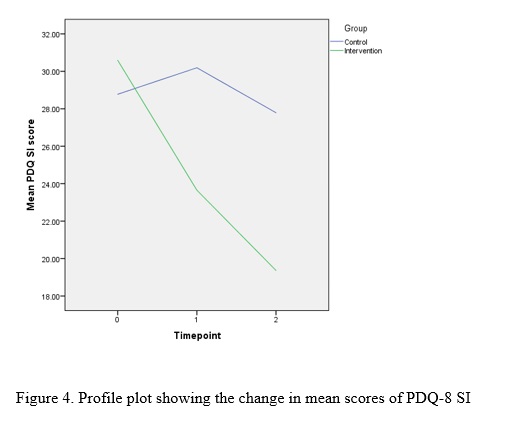Session Information
Date: Saturday, October 6, 2018
Session Title: Parkinson’s Disease: Clinical Trials, Pharmacology And Treatment
Session Time: 1:45pm-3:15pm
Location: Hall 3FG
Objective: To determine the effects of yoga versus conventional stretching and resistance training exercises (SRTE) on psychological, physical, spiritual, and health-related quality-of-life (HRQOL) outcomes among people with mild-to-moderate PD.
Background: PD affects virtually every aspect of life, and patients experience tremendous physical and psychosocial turmoil while confronting and readjusting changes brought by PD. Mind-body interventions, such as yoga, that teach mindfulness along with physical activity may be well suited for reducing psychological distress in people with PD (1).
Methods: A multi-centre, single-blind, randomized trial was conducted (2). A total of 138 people with idiopathic PD (H&Y stage I–III) were randomized into yoga (n=71) or SRTE (n=67) groups. For 8 weeks, the experimental group received a weekly 90-min session of yoga, and the control group received a weekly 60-min session of SRTE. Outcome measures included psychological distress in terms of anxiety and depression, severity of motor symptoms, functional mobility, spiritual well-being in terms of affliction and equanimity, and HRQOL. Assessments were done at baseline, 8th week (T1) and three-month post-intervention (T2).
Results: The mean age of participants was 63.6 years, nearly half were male and majority suffered from moderate PD (Table 1). Their mean MDS-UPDRS-III score was 33.3±15.3. The generalized estimating equations analyses revealed participants in yoga group generally had significantly better improvement in various outcomes than the control group over the study period (Figures 1-4); particularly, on anxiety (time by group interaction, T1: β= –1.77, p=0.001; T2: β= –2.05, p<0.001), depression (T1: β= –2.75, p<0.001; T2: β= –2.75, p<0.001), motor symptoms (T1: β=-5.19, p=0.001; T2: β=–4.71, p=0.002), perceived affliction (T1: β= –0.93, p<0.001; T2: β= -0.76, p<0.001), perceived equanimity (T1: β=1.11, p<0.001; T2: β= –1.19, p<0.001) and HRQOL (T1: β=-7.77, p<0.001; T2: β= –7.99, p<0.001).
Conclusions: Both groups appeared to reduce motor symptoms in patients with mild-to-moderate PD. Mindfulness yoga demonstrated additional benefits of improved psychological well-being, spiritual well-being and HRQOL, when compared to the conventional SRTE group. Yoga appeared to be a favourable coping strategy for PD patients to address their physical and emotional needs in the chronic illness trajectory.
References: (1) Kwok, J. Y., Choi, K. C., & Chan, H. Y. (2016). Effects of mind-body exercises on the physiological and psychosocial well-being of individuals with Parkinson’s disease: A systematic review and meta-analysis. Complement Therapies in Medicine, 29, 121-131. doi: 10.1016/j.ctim.2016.09.016. (2) Kwok, J. Y. Y., Kwan, J. C. Y., Auyeung, M., Mok, V. C. T., & Chan, H. Y. L. (2017). The effects of yoga versus stretching and resistance training exercises on psychological distress for people with mild-to-moderate Parkinson’s disease: study protocol for a randomized controlled trial. Trials, 18(1), 509.
To cite this abstract in AMA style:
J.Y.Y. Kwok, J.C.Y. Kwan, M. Auyeung, C.T. Mok, C.K.Y. Lau, H.Y.L. Chan. Effect of mindfulness yoga on psychological distress in people with Parkinson’s disease (PD): A randomized controlled trial [abstract]. Mov Disord. 2018; 33 (suppl 2). https://www.mdsabstracts.org/abstract/effect-of-mindfulness-yoga-on-psychological-distress-in-people-with-parkinsons-disease-pd-a-randomized-controlled-trial/. Accessed October 17, 2025.« Back to 2018 International Congress
MDS Abstracts - https://www.mdsabstracts.org/abstract/effect-of-mindfulness-yoga-on-psychological-distress-in-people-with-parkinsons-disease-pd-a-randomized-controlled-trial/

